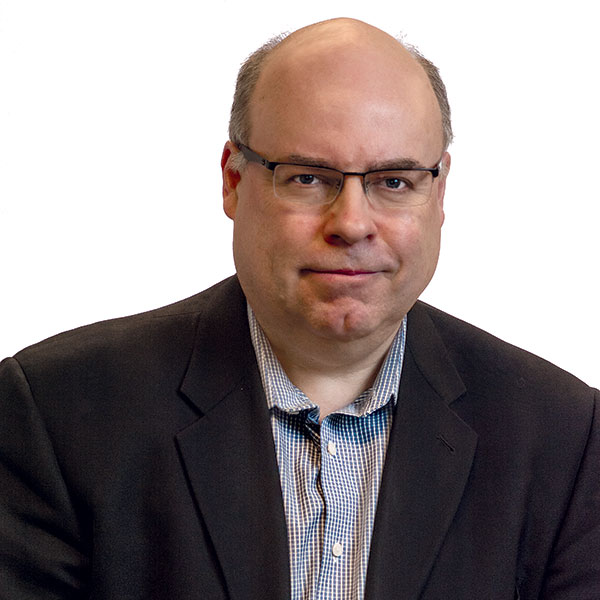
By all accounts, flu season is off to a low-key start. In long-term care facilities, that’s a silver lining in all our COVID-19 protocols and precautions. For staff who have been swaddled in PPE for the past nine months while dutifully practicing social distancing at homes, it’s a richly deserved bonus prize for vigilance.
So now that the vaccine is here and we can imagine the pandemic’s end, what will happen to all these disease-avoidance habits we’ve developed? While I don’t plan to wear a mask 24/7 and let my personal relationships continue to atrophy once we’re free to engage again as humans, I’ll definitely be preserving many of the practices — mostly because of benefits that go far beyond COVID-19.
For instance, at this point in the season, I’ve usually had 17 colds. This year, none. Where I work, winter coughs and sneezes usually resound. Not this time. While in the past it might have been deemed heroic to show up at work with a sickly, symptomatic pallor of flu, that just doesn’t happen anymore. Maybe no one’s getting sick, or maybe it’s just that even a colleague’s harmless throat clearing causes us to back away like we’ve encountered a probable terrorist.
So with anecdotal evidence suggesting I’m now healthier and more resilient, why would I ever stop embracing these practices? Why wouldn’t I continue washing my hands and humming “Happy Birthday”? Why would I ever crowd up against strangers in any setting, from elevator to concert to church? Why wouldn’t I wear a mask at the symphony, where explosions of convulsive coughing are endemic?
I’m not trying to become an obsessive-compulsive infection control zealot. But now that I constantly envision a spray of lethal droplets in every setting and interaction, I have no intention of ever returning to my cavalier, virus-and-bacteria-friendly life as it was.
Thank you, COVID-19.
From the January/February 2021 Issue of McKnight's Long-Term Care News





